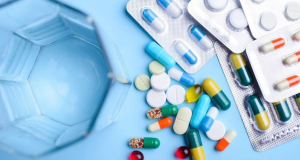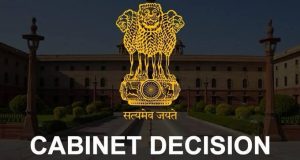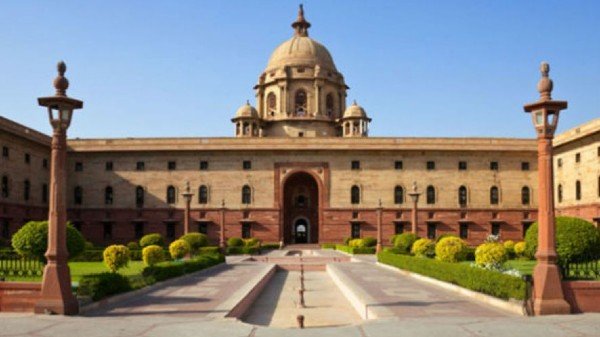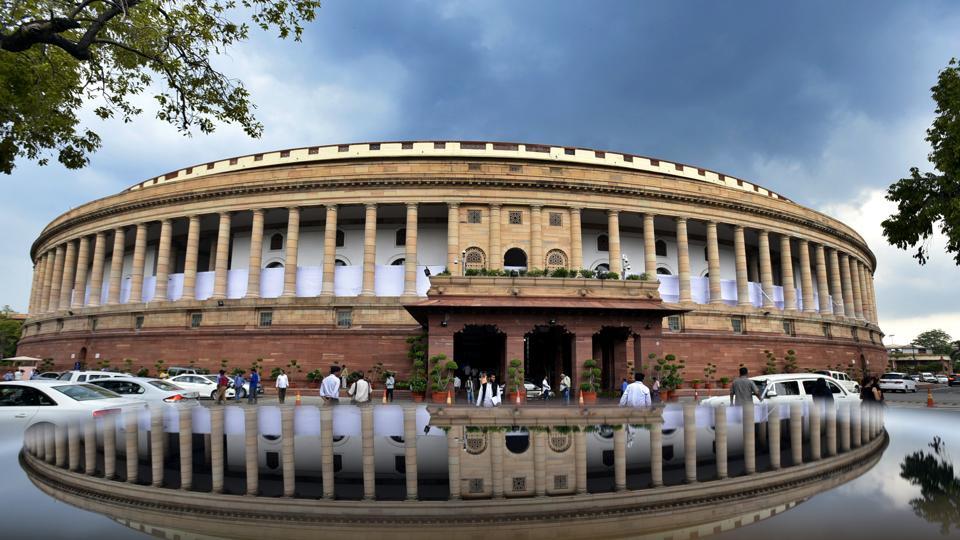The Union Cabinet, chaired by the Prime Minister, Shri Narendra Modi has approved Production Linked Incentive (PLI) Scheme for Pharmaceuticals over a period of Financial Year 2020-21 to 2028-29.
The Scheme will benefit domestic manufacturers, help in creating employment and is expected to contribute to the availability of wider range of affordable medicines for consumers.
The scheme is expected to promote the production of high value products in the country and increase the value addition in exports. Total incremental sales of Rs.2,94,000 crore and total incremental exports of Rs.1,96,000 crore are estimated during six years from 2022-23 to 2027-28.
The scheme is expected to generate employment for both skilled and un-skilled personnel, estimated at 20,000 direct and 80,000 indirect jobs as a result of growth in the sector.
It is expected to promote innovation for development of complex and high-tech products including products of emerging therapies and in-vitro Diagnostic Devices as also self-reliance in important drugs. It is also expected to improve accessibility and affordability of medical products including orphan drugs to the Indian population. The Scheme is also expected to bring in investment of Rs.15,000 crore in the pharmaceutical sector.
The scheme will be part of the umbrella scheme for the Development of Pharmaceutical Industry. The objective of the scheme is to enhance India’s manufacturing capabilities by increasing investment and production in the sector and contributing to product diversification to high value goods in the pharmaceutical sector. One of the further objectives of the scheme is to create global champions out of India who have the potential to grow in size and scale using cutting edge technology and thereby penetrate the global value chains.
The salient features of the Scheme are as follows:-
Target Groups:
The manufacturers of pharmaceutical goods registered in India will be grouped based on their Global Manufacturing Revenue (GMR) to ensure wider applicability of the scheme across the pharmaceutical industry and at the same time meetthe objectives of the scheme. The qualifying criteria for the three groups of applicants will be as follows-
(a) Group A: Applicants having Global Manufacturing Revenue (FY 2019-20) of pharmaceutical goods more than or equal to Rs 5,000 crore.
(b) Group B: Applicants having Global Manufacturing Revenue (FY 2019-20) of pharmaceutical goods between Rs 500 (inclusive) crore and Rs 5,000 crore.
(c) Group C: Applicants having Global Manufacturing Revenue (FY 2019-20) of pharmaceutical goods less than Rs 500 crore. A sub-group for MSME industry will be made within this group, given their specific challenges and circumstances.
Quantum of Incentive:
The total quantum of incentive (inclusive of administrative expenditure) under the scheme is about Rs 15,000 crore. The incentive allocation among the Target Groups is as follows:
(a) Group A: Rs 11,000 crore.
(b) Group B: Rs 2,250 crore.
(c) Group C: Rs 1,750 crore.
The incentive allocation for Group A and Group C applicants shall not be moved to any-other category. However, incentive allocated to Group B applicants, if left underutilized can be moved to Group A applicants.
Financial Year 2019-20 shall be treated as the base year for computation of incremental sales of manufactured goods.
Category of Goods:
The scheme shall cover pharmaceutical goods under three categories as mentioned below:
- Category 1
Biopharmaceuticals; Complex generic drugs; Patented drugs or drugs nearing patent expiry; Cell based or gene therapy drugs; Orphan drugs; Special emptycapsules like HPMC, Pullulan, enteric etc.; Complex excipients; Phyto-pharmaceuticals: Otherdrugs as approved.
(b)Category 2
Active Pharmaceutical Ingredients / Key Starting Materials / Drug Intermediates.
(c)Category 3 (Drugs not covered under Category 1 and Category 2)
Repurposed drugs; Auto immune drugs, anti-cancer drugs, anti-diabetic drugs, anti-infective drugs, cardiovascular drugs, psychotropic drugs and anti-retroviral drugs; In vitro diagnostic devices; Other drugs as approved; Other drugs not manufactured in India.
Rate of incentive will be 10% (of incremental sales value) for Category 1 and Category 2 products for first four years, 8% for the fifth year and 6% for the sixth year of production under the scheme.
Rate of incentive will be 5% (of incremental sales value) for Category 3 products for first four years, 4% for the fifth year and 3% for the sixth year of production under the scheme.
The duration of the scheme will be from FY 2020-21 to FY 2028-29. This will include the period for processing of applications (FY 2020-21), optional gestation period of one year (FY 2021-22), incentive for 6 years and FY 2028-29 for disbursal of incentive for sales of FY 2027-28.
Background:
Indian pharmaceutical industry is 3rd largest in the world by volume and is worth USD 40 billion in terms of value. The country contributes 3.5% of total drugs and medicines exported globally. India exports pharmaceuticals to more than 200 countries and territories including highly regulated markets such as USA, UK, European Union, Canada etc. India has a complete ecosystem for the development and manufacturing of pharmaceuticals with companies having state of the art facilities and highly skilled/technical manpower. The country also has a number of renowned pharmaceutical educational and research institutes and a robust support of allied industries.
At present, low value generic drugs account for the major component of Indian exports, while a large proportion of the domestic demand for patented drugs is met through imports. This is because the Indian Pharmaceutical sector lacks in high value production along with the necessary pharma R&D. In order to incentivize the global and domestic players to enhance investment and production in diversified product categories, a well-designed and suitably targeted intervention is required to incentivise specific high value goods such as bio-pharmaceuticals, complex generic drugs, patented drugs or drugs nearing patent expiry and cell based or gene therapy products etc.
 Indian Industry Plus A Pratisrutiplus Suppliment
Indian Industry Plus A Pratisrutiplus Suppliment

















